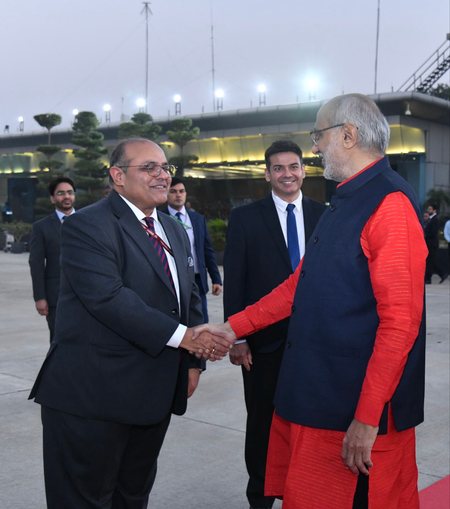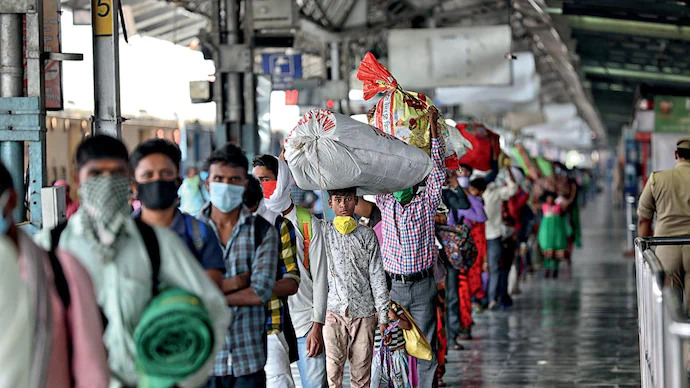Despite the influx of an estimated $12.5 billion in 2023, equivalent to approximately 10.38 lakh crore rupees, concerns linger over the reciprocal support provided to expatriates who play a vital role in India’s economic landscape
Remittances from non-resident Indians (NRIs) have witnessed a remarkable surge, establishing India as the top recipient of expatriate contributions, according to a recent World Bank report. Despite the influx of an estimated $12.5 billion in 2023, equivalent to approximately 10.38 lakh crore rupees, concerns linger over the reciprocal support provided to expatriates who play a vital role in India’s economic landscape.
The significant increase in remittances, constituting around 3.4 percent of the country’s GDP and marking a 78.5 percent growth over a decade, is an impressive feat. However, the treatment of expatriates, who contribute substantially to India’s foreign exchange earnings, raises pertinent questions about the government’s responsiveness to their needs.
Critical requests from the expatriate community, including job opportunities in government sectors for returnees, pension schemes for elderly expatriates, voting rights, and assistance in repatriating the deceased, have largely been overlooked. Despite the existence of the Indian Community Welfare Fund (ICWF) since 2009, designed to aid expatriates during emergencies, its effectiveness remains questionable. Expatriates often find themselves navigating crises abroad without the intended support from the fund.
Despite their immense contributions, expatriates often face exploitation and unfair treatment, such as exorbitant airfares. The disparity in privileges between exporters and expatriates, both contributing substantially to foreign exchange, raises questions about the government’s stance on equal treatment
The Covid-19 pandemic exposed gaps in support, as expatriates contributing to the Prime Minister’s Care Fund faced challenges securing assistance when in need. Even as substantial donations were made, the Fund fell short in providing the expected support for job loss and repatriation, highlighting a critical gap in the government’s assistance during crucial times.
Contrary to the prevailing misconception of the Indian diaspora being economically affluent, a substantial number of expatriates work in demanding conditions, holding low-paying positions such as in supermarkets and cafeterias. Many endure hardships abroad, motivated by a commitment to their families and homeland. The lack of adequate job opportunities in India often drives individuals to seek prospects overseas, contributing significantly to foreign remittances.
Despite their immense contributions, expatriates often face exploitation and unfair treatment, such as exorbitant airfares. The disparity in privileges between exporters and expatriates, both contributing substantially to foreign exchange, raises questions about the government’s stance on equal treatment.
Recognizing the sacrifices and indispensable role of expatriates in India’s economic framework, a more comprehensive and empathetic approach from the government is essential. Addressing their grievances, providing necessary support during crises, and acknowledging their pivotal role will foster a sense of inclusivity and appreciation for their contribution to the nation’s financial stability and growth.
************************************************************************
Readers










